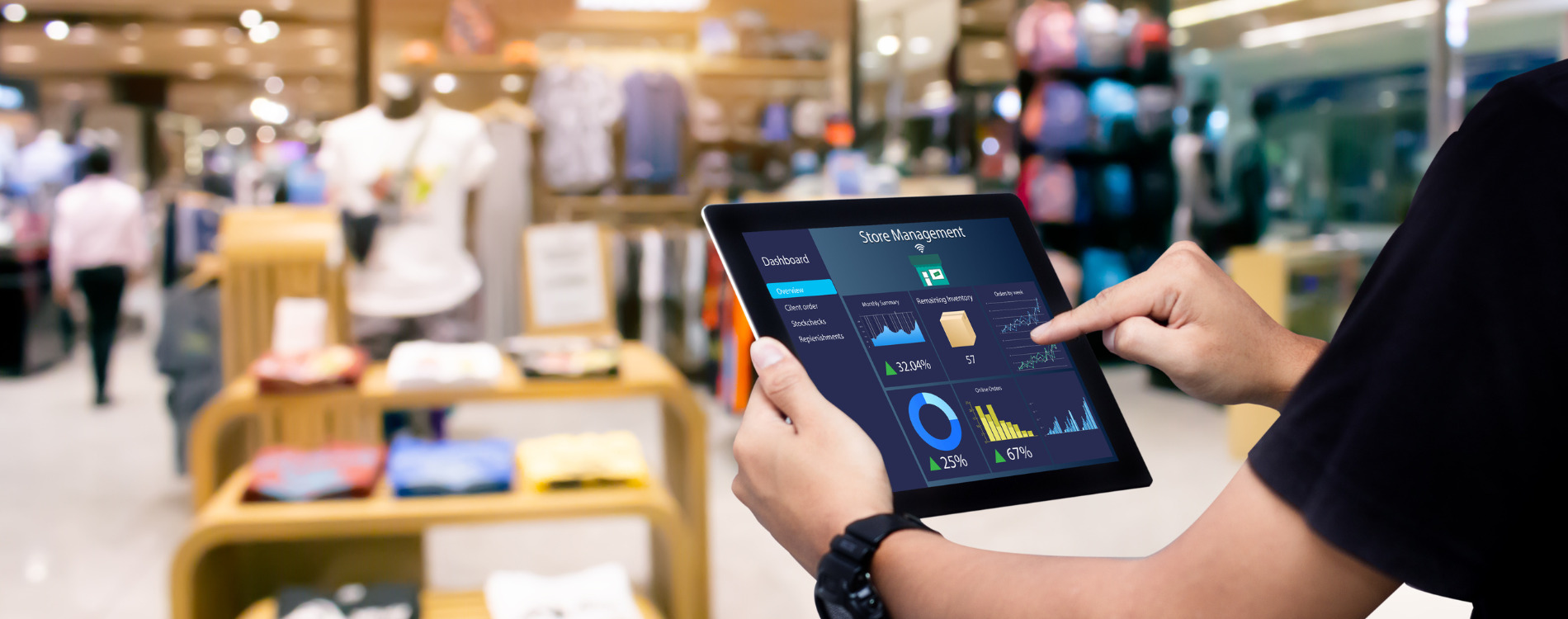Who are Gen Z?
Terms like Gen Z and Millennial are often used as shorthand for “young person”, but the truth is, Millennials aren’t that young anymore. Coined by marketers to refer to young people born from 1995 onwards, Gen Z is the first generation to grow up fully in the digital age – which has equipped them with a savviness and skillset that previous generations are struggling to catch up with.
Obviously, Gen Z do not represent a ‘clean break’ with Millennials. We know from our tracking data that they share many of the same traits such as looking for ethically sound products and services, and expecting diversity, inclusivity and equality. But Gen Z take things even further – where Millennials were assigned qualities of being ‘dreamers’ and ‘big-picture’ thinkers, Gen Z are undeniably the ‘doers’.
We look at three important characteristics of Gen Z here – though there are many more which you can find in our State of the Youth Nation tracker.
More switched on
Constantly connected – with the expectation that the rest of the world is too – Gen Z have grown up so fluent in mobile technology that being without access to a phone is a source of anxiety. And while we all know the panic checking of pockets for a missing phone, older generations have the memory of a time before ‘always on’ data: something that Gen Z have rarely, if ever, experienced.
There’s definitely a feeling of ‘nakedness’ that comes when you don’t have your phone on you, or when you don’t have access to the internet. Constant access to my smartphone and wi-fi isn’t just preferable, but a necessity for me.
-State of the Youth Nation, 2018, question text: “How do you feel without your mobile phone?”, Tom, 19.

State of the Youth Nation 2016, Question text: ‘W38.2. To what extent do you agree with the following statements? I feel vulnerable without my mobile phone – April 16′, base size: 1029, ‘C8.2. To what extent do you agree with the following statements? I like to create original content for social media – Sept 16’, base size: 1025, Copyright YouthSight (now Savanta) 2018
Similarly, for Gen Z, social media is omnipresent. Compared to Millennials, Gen Z are largely happier to share images of themselves and converse in back-and-forth bursts on platforms such as SnapChat. They’re also less likely to be on Facebook than Millennials.

State of the Youth Nation 2018, Question text: ‘W2a.4. How long you have been using Snapchat A: Current Users – Jan 18 & W2a.1. How long you have been using Facebook A: Current Users – Jan 18, base size: 1053, Copyright YouthSight (now Savanta) 2018
As Gen Z live their lives on their phones, they’re consuming an ever-increasing amount of content and don’t necessarily discriminate between who created it – they’re happy to engage with brands that reach them in their preferred channels, even more so than Millennials, which is encouraging for brands who are looking to connect with this generation.
Working hard
Gen Z have grown up in a world of uncertainty, so their take on jobs and work is more realistic than Millennials – they know they’ll have to graft to get to where they want to be.
I’d be willing to work extra hours and put in extra effort if I felt I was going to benefit from it and potentially progress in my job
-State of the Youth Nation, 2018, question text: “Do you expect to have to work long hours to progress in your career?”, Sophie, 21.
63% of Gen Z expect to work very long hours to progress in their career, and the jobs they go into will look very different to previous generations. They’re open to a portfolio of online ventures, such as YouTubing, being an influencer or making memes.

State of the Youth Nation 2017, Question text: ‘F1.3. To what extent do you agree with the following statements? I expect to have to work very long hours to be able to progress in my career’ – June 17, base size: 1020, Copyright YouthSight (now Savanta) 2018
But it’s important to remember that Gen Z also want things to work smoothly for them – they bring a fluency with technology that companies may struggle to keep up with. As Jason Dorsey, president of the Center for Generational Kinetics says: “If you can’t apply for a job through a mobile device, then you’re not going to get Gen Z to apply.” So brands and employers need to make the most of their ability to use tech, as well as their work ethic.
Gen Z are also driven to look for new skills – from learning how to communicate better to selling their clothes on Depop, it’s all about having a side hustle (or multiple hustles) to succeed in a challenging job market. They’re actively looking for help and knowledge, and brands have a part to play here: think Barclays and their LifeSkills initiative, designed to equip young people with the skills they need for the world of work.
Takeaway for brands – Give them a helping hand.
Young people want to get something back from their interactions with brands, from a quick laugh to learning a new skill. Value for Gen Z lies in experience and knowledge: “the trick is”, Jessica Gonzalez of InCharged says, “focus less on selling to them and more on how you can help them”. After all, “Gen Z can spot promotions and sponsorships from a mile away”, so focus on helping them to develop themselves and their career beyond your product alone.
Doing good
Gen Z care about doing good – having purpose and working to address issues in the world. They can see through brands whose social purpose is inauthentic. This is where they come closest to Millennials, who are equally as concerned about brands they choose to align themselves with: 34% of Gen Z and 36% of Millennials prefer to buy products from companies that they believe act ethically.

State of the Youth Nation 2018, Question text: ‘Y26.4. To what extent do you agree with the following statement? I prefer to only buy products from companies that I believe are acting ethically – Jan 18, base size: 1053, Copyright YouthSight (now Savanta) 2018
Ethical concerns for Gen Z also fall closer to home: they participate in social activism – like the Parkland students in the US or Amika George, the 18-year-old founder of Free Periods in the UK – and they care about racial, gender and sexual orientation equality.
Gen Z demand to see diversity reflected in culture and communications, and they want to know that brands are serious about issues that matter to them (and they may boycott those that aren’t, as we explored in a recent article for our State of the Youth Nation subscribers).
I’ve cut out all Coca Cola products after the reveal of their unethical and dishonest labour practice.
-State of the Youth Nation, 2018, question text: ‘Have you ever boycotted a brand? If yes, why?”, Hristo, 21.
Takeaway for brands – Pick a credible cause
Whether it’s Fenty Beauty working to address the makeup options available for all skin tones, or Outdoor Voices supporting The Nature Conservancy, young people need to see a link between brands and the causes they support. But this doesn’t mean simply donating to a relevant charity – Gen Z expect brands to practice what they preach, with fair pay and working practices for employees and high internal standards – see Pret a Manger’s Rising Stars programme, or Starbucks closing all of its US stores for a racial bias training day.
As well as our State of the Nation Youth Tracker, at Savanta we offer in-person sessions with young people so you can hear first hand what they care about and how they can inform your campaigns and strategy.
Gen Z can make you smarter
As we’ve seen, Gen Z have high expectations of brands and their marketing campaigns. With their discerning take on brands and high standards for social and mobile content, they’re a tough audience to win over. Successfully speaking to Gen Z will make your marketing smarter and multi-purpose for all audiences – what convinces them should be equally as convincing for Millennials and beyond.
State of the Youth Nation
The trends identified in this report were informed by tracking data extracted from State of the Youth Nation.
A subscription to this tracking product will give you unlimited access to Gen Z insights that’ll help you connect better with the next generation of consumers.
State of the Youth Nation keeps brands plugged in to youth trends, with with 700+ questions that uncover what young people care about, where they’re headed and their digital worlds.
*BRAND NEW* functionality of the dashboard also empowers users to browse the data by topic area, dig into the trends you want to know about, filter by demographic variables, track trends over time and export all the data you need at the touch of a button.
Click here to download the brochure and see the data that will change your business. Join leading brands (including ITV, Channel 4, Ofcom and The FA) and make better youth marketing decisions.





